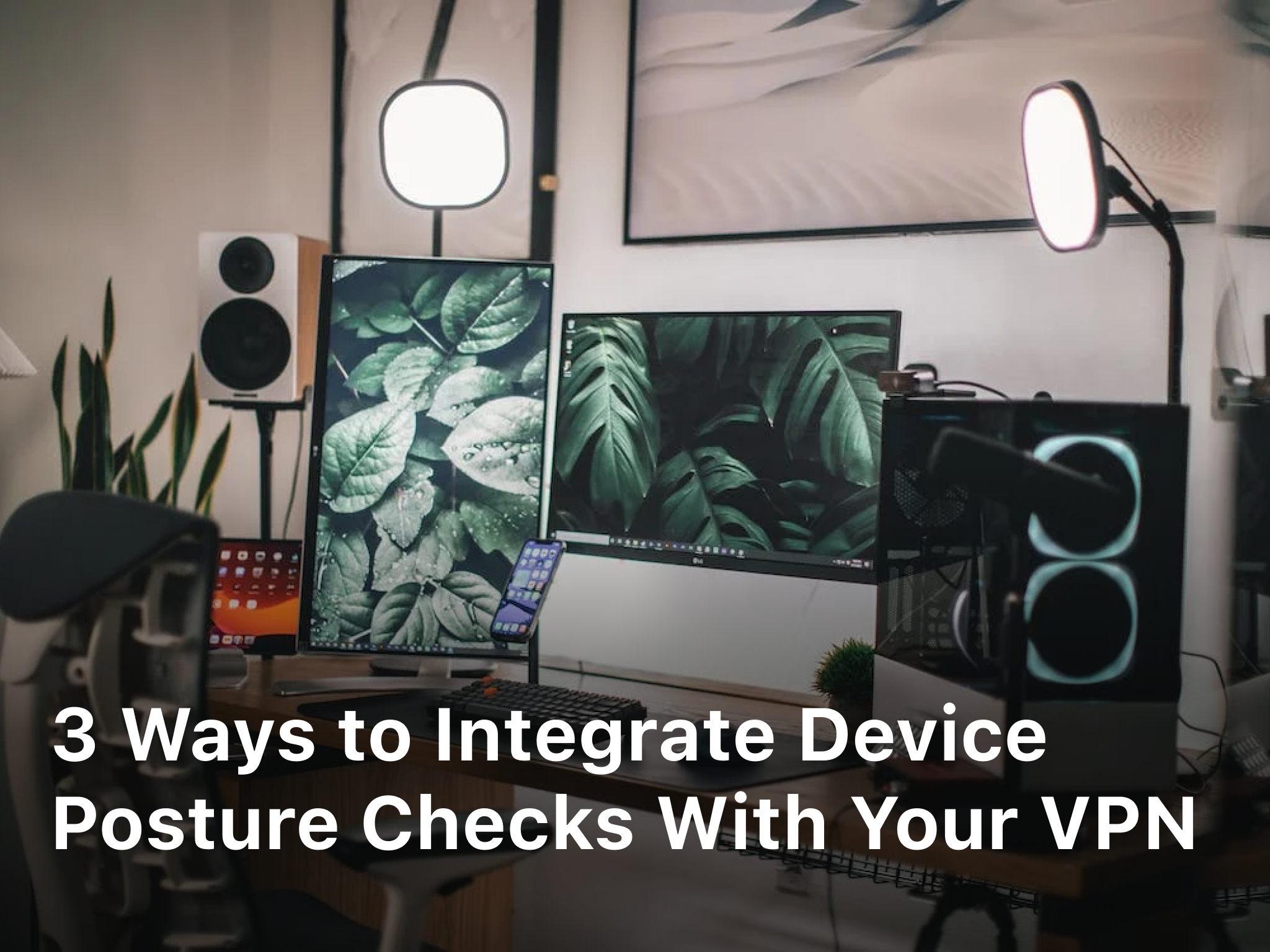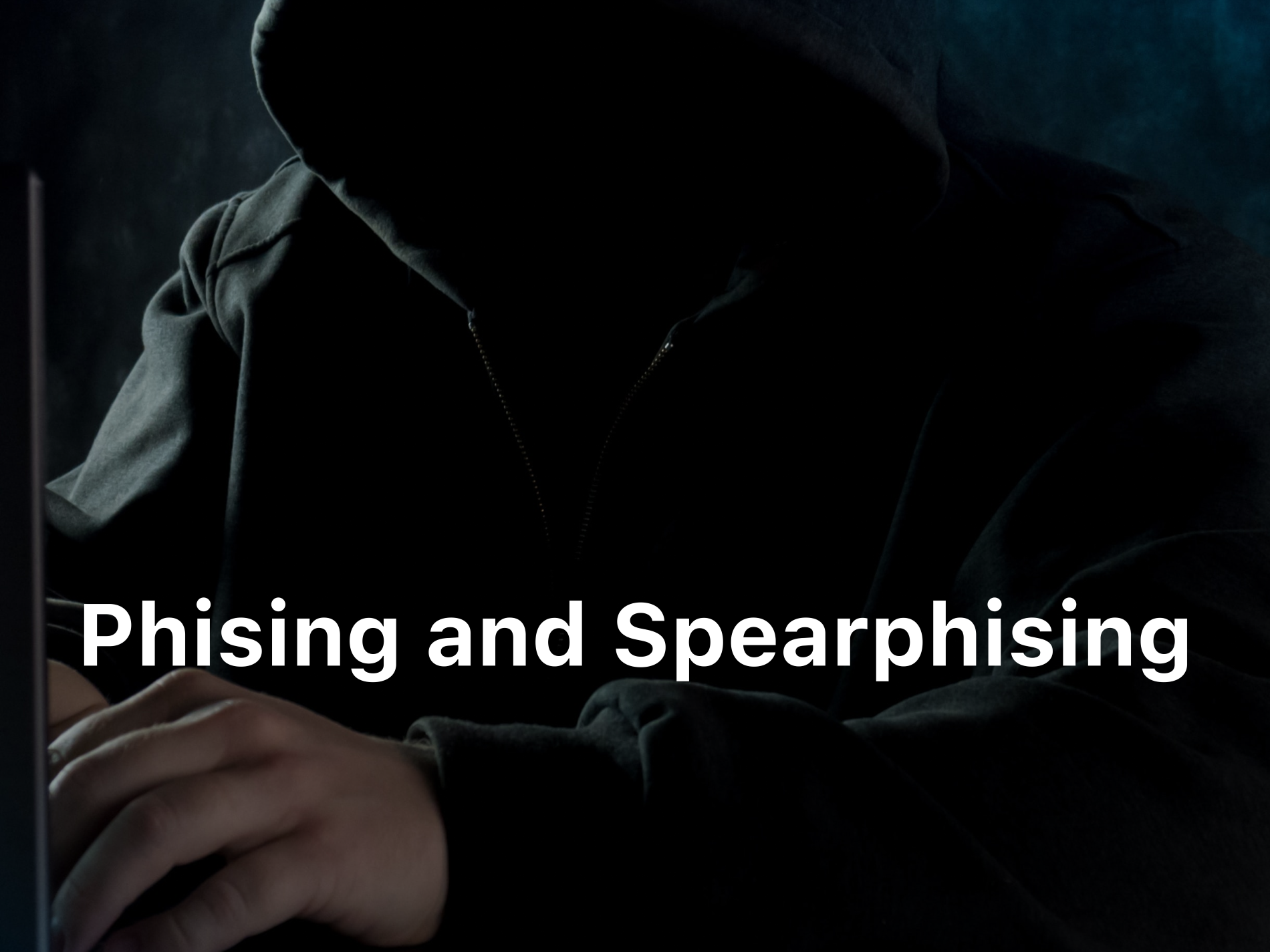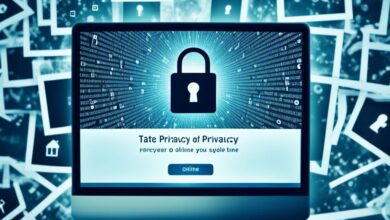
Welcome to our guide on how to secure your online banking activities and protect your sensitive financial information. In today’s digital age, online banking has become increasingly convenient and accessible. However, with this convenience comes the risk of cyber threats and potential privacy breaches. To ensure the safety of your online banking transactions, it is crucial to adopt safe practices and leverage the benefits of a VPN (Virtual Private Network).
When it comes to online banking security, it’s important to understand the potential risks and take proactive measures to safeguard your accounts. In this article, we will explore the role of a VPN in enhancing your financial security, provide you with essential tips and practices for safe online banking, and guide you in choosing the right VPN service for your needs.
With a VPN, you can create a secure encrypted connection between your device and the online banking platform, protecting your sensitive data from prying eyes and potential cyber attacks. By masking your IP address and encrypting your internet traffic, a VPN ensures that your online activities remain private and secure, even when using public Wi-Fi networks.
In the following sections, we will delve deeper into understanding online banking security risks, the benefits of using a VPN for financial transactions, tips for selecting the right VPN service, and step-by-step instructions for setting up and using a VPN for online banking.
By following the recommended practices and utilizing a VPN for online banking, you can enjoy the peace of mind that comes with enhanced financial security. Let’s get started on securing your online banking activities and ensuring a safe and protected digital banking experience.
Understanding Online Banking Security
When it comes to online banking, security should be a top priority. The convenience and accessibility of banking from the comfort of your home or on mobile devices come with inherent risks. Cybercriminals are constantly evolving their techniques to exploit vulnerabilities and gain unauthorized access to sensitive financial information. To ensure your online banking experience remains safe and secure, it is crucial to understand the various security risks associated with it and practice safe online banking.
Risks Associated with Online Banking
Online banking exposes customers to potential threats such as phishing attacks, malware infections, and unauthorized access. Phishing attacks impersonate legitimate banks or financial institutions through deceptive emails, texts, or websites, tricking users into revealing their login credentials and other personal information. Malware, including keyloggers and ransomware, can compromise your device’s security and steal sensitive data. Unauthorized access can occur when weak passwords are used or when banking transactions are conducted through unsecured networks.
Safe Online Banking Practices
To mitigate these risks and protect yourself while banking online, follow these safe practices:
- Create strong and unique passwords for your online banking accounts
- Regularly update your devices and software to ensure the latest security patches
- Be cautious of unsolicited emails, messages, or phone calls asking for personal or financial information
- Use two-factor authentication whenever possible
- Avoid accessing your online banking accounts on public Wi-Fi networks
- Regularly monitor your financial transactions and report any suspicious activity to your bank
Common Online Banking Security Risks and Prevention Techniques
| Security Risks | Prevention Techniques |
|---|---|
| Phishing attacks | Awareness of phishing techniques, email validation, and avoiding clicking on suspicious links or attachments |
| Malware infections | Regularly update antivirus software, avoid downloading files from untrusted sources, and be cautious of malicious websites |
| Unauthorized access | Use strong, unique passwords, enable two-factor authentication, and avoid accessing online banking on public Wi-Fi |
By adopting these safe online banking practices and staying informed about the latest cybersecurity threats, you can better protect yourself and your financial assets from online banking security risks.
The Role of VPN in Enhancing Financial Security

In today’s digital age, ensuring the security of your financial transactions is of utmost importance. One effective tool that can significantly enhance your online banking security is a Virtual Private Network (VPN). A VPN creates a secure and encrypted connection between your device and the internet, safeguarding your sensitive data from potential threats.
When you connect to a VPN, your online activities, including your financial transactions, are encrypted and routed through a remote server. This encryption makes it extremely difficult for hackers and cybercriminals to intercept and access your personal and financial information.
Using a VPN for banking security offers several benefits for your financial transactions:
- Enhanced Privacy: A VPN masks your IP address and location, making it difficult for third parties to track your online activities. This helps protect your privacy while conducting financial transactions online.
- Data Encryption: VPNs use strong encryption protocols to secure your data, ensuring that your financial information remains confidential and protected from unauthorized access.
- Bypassing Geo-Restrictions: Some online banking services may have geo-restrictions in place. With a VPN, you can easily bypass these restrictions and access your accounts securely from anywhere in the world.
- Protection on Public Wi-Fi: Public Wi-Fi networks are notorious for their lack of security. By using a VPN, you can encrypt your connection and protect your financial transactions from potential threats on these vulnerable networks.
A VPN provides a vital layer of security for your financial transactions, ensuring that your sensitive information remains safe from prying eyes. By using a VPN for banking security, you can conduct your online banking activities with confidence and peace of mind.
| VPN Benefits for Financial Transactions | Explanation |
|---|---|
| Enhanced Privacy | A VPN masks your IP address and location, ensuring your privacy while banking online. |
| Data Encryption | VPNs use strong encryption protocols to secure your financial data from unauthorized access. |
| Bypassing Geo-Restrictions | A VPN allows you to access your accounts securely from anywhere in the world by bypassing geo-restrictions. |
| Protection on Public Wi-Fi | A VPN encrypts your connection, protecting your financial transactions on public Wi-Fi networks. |
Choosing the Right VPN for Online Banking
When it comes to securing your online banking activities, selecting the right VPN service is crucial. A reliable VPN can provide you with enhanced privacy and ensure the safety of your financial transactions. Here’s what you need to consider when choosing the best VPN for online banking:
1. Encryption protocols
Look for a VPN that offers strong encryption protocols such as OpenVPN or AES-256. These protocols ensure that your data remains protected and encrypted, making it difficult for cybercriminals to intercept and steal your sensitive information.
2. Privacy policies
Pay close attention to the VPN provider’s privacy policies. Make sure they have a strict no-logs policy, which means they don’t keep any records of your online activities. This ensures that your banking transactions remain confidential and your personal information stays protected.
3. Server locations
Check the VPN’s server locations, especially if you frequently travel or access your online banking from different regions. Having servers in multiple countries allows you to bypass geo-restrictions and access your banking services securely from anywhere in the world.
4. Customer support
Consider the quality of customer support offered by the VPN provider. In case you encounter any issues or have questions regarding your online banking security, having reliable customer support available 24/7 can be invaluable.
5. Performance and speed
Ensure that the VPN you choose provides a fast and stable connection. Slow speeds can hinder your online banking experience, so opt for a VPN with robust infrastructure and optimized servers to maintain smooth and seamless transactions.
6. Compatibility
Check if the VPN is compatible with your devices and operating systems. Whether you use a desktop computer, laptop, smartphone, or tablet, make sure the VPN supports all your devices, allowing you to secure your online banking across various platforms.
7. Pricing and plans
Consider your budget when selecting a VPN for online banking. Compare the pricing plans of different VPN providers and choose the one that offers the best value for money while meeting your security requirements.
By taking these factors into account, you can ensure that you choose the best VPN service to safeguard your online banking activities and enjoy the benefits of enhanced privacy and security.
| VPN Service | Encryption Protocols | Server Locations | Customer Support | Performance and Speed | Compatibility | Pricing and Plans |
|---|---|---|---|---|---|---|
| ExpressVPN | OpenVPN, AES-256 | 160 locations across 94 countries | 24/7 live chat support | Fast and stable connection | Supports all major platforms | Starting from $6.67/month |
| NordVPN | OpenVPN, AES-256 | 5500+ servers in 59 countries | 24/7 live chat support | High-speed servers | Compatible with all devices | Starting from $3.71/month |
| Surfshark | OpenVPN, AES-256 | 65 countries | 24/7 live chat support | Fast and reliable connection | Compatible with major platforms | Starting from $2.49/month |
Setting Up and Using a VPN for Online Banking
Ensuring the security of your online banking activities is crucial in today’s digital landscape. One effective way to protect your sensitive financial transactions is by using a Virtual Private Network (VPN). By encrypting your internet connection and masking your IP address, a VPN provides an added layer of security that safeguards your data from potential cyber threats.
Step 1: Choose a Reliable VPN Service
Selecting the right VPN service is essential to ensure the privacy and security of your online banking. Look for a provider that offers strong encryption protocols, a strict no-logs policy, and a wide range of server locations.
Step 2: Download and Install the VPN Application
Once you have chosen a VPN service, visit their official website and download the appropriate application for your device. Follow the installation instructions provided by the VPN service to set up the application on your device.
Step 3: Connect to a VPN Server
After installation, open the VPN application and log in using your credentials. Choose a server location that is preferably in your own country or a nearby location for better connection speeds. Click on the connect button to establish a secure connection.
Step 4: Access Your Online Banking
With the VPN connection established, you can now safely access your online banking platform. Your data will be encrypted, providing a secure channel for your financial transactions. Carry out your online banking activities as you normally would, knowing that your information is protected from potential hackers and eavesdroppers.
Step 5: Disconnect from the VPN
Once you have completed your online banking tasks, it is advisable to disconnect from the VPN. This allows you to resume regular internet browsing without the VPN encryption, optimizing your browsing speed for non-sensitive activities.
By following these simple steps, you can seamlessly set up and use a VPN for online banking, ensuring the confidentiality and integrity of your financial transactions. Remember to choose a reliable VPN service and practice safe online banking practices to maximize your security.
Conclusion
Securing your online banking activities is of utmost importance in today’s digital world. By following the recommended practices and utilizing a VPN (Virtual Private Network), you can significantly enhance your financial security and protect yourself from potential cyber threats.
With a VPN, your internet connection is encrypted, ensuring that your sensitive information remains private and inaccessible to prying eyes. It acts as a shield, creating a secure tunnel between your device and the websites or applications you access, making it virtually impossible for hackers to intercept your data.
By taking the necessary steps to secure your online banking activities, such as using strong, unique passwords, enabling two-factor authentication, and regularly monitoring your accounts for suspicious activity, combined with the added layer of protection provided by a VPN, you can enjoy peace of mind when conducting financial transactions online.
Remember, online banking security is an ongoing process. Stay vigilant and keep yourself updated with the latest security practices. With the right combination of safe online banking practices and a reliable VPN, you can safeguard your financial transactions and ensure a worry-free banking experience.
FAQ
How can I secure my online banking with a VPN?
To secure your online banking activities with a VPN, follow these steps:
1. Choose a reputable VPN service provider.
2. Install the VPN software on your device.
3. Connect to a VPN server of your choice.
4. Access your online banking platform through the VPN connection.
5. Ensure that you have a strong and unique password for your online banking account.
By using a VPN, your internet traffic will be encrypted, making it difficult for hackers to intercept and access your sensitive financial information.
What are some safe online banking practices?
Here are some safe online banking practices to consider:
1. Always use a strong and unique password for your online banking account.
2. Enable two-factor authentication for an extra layer of security.
3. Update your device’s operating system and antivirus software regularly.
4. Avoid accessing your online banking account on public Wi-Fi networks.
5. Be cautious of phishing scams and never click on suspicious links or provide personal information to unknown sources.
By following these practices, you can minimize the risk of unauthorized access to your online banking account.
How does a VPN enhance online banking security?
A VPN enhances online banking security by encrypting your internet traffic and routing it through a secure VPN server. This encryption ensures that your financial data remains private and protected from potential eavesdroppers and hackers. Additionally, a VPN masks your IP address, making it difficult for cybercriminals to trace your online banking activities back to your device. A VPN also provides an extra layer of protection when accessing online banking platforms on public Wi-Fi networks or while traveling.
What should I consider when choosing a VPN for online banking?
When choosing a VPN for online banking, consider the following factors:
1. Strong encryption protocols such as OpenVPN or IKEv2.
2. A strict no-logs policy to ensure that your online activities are not recorded.
3. A wide network of servers in different locations for better connection options.
4. Fast and reliable connection speeds to ensure smooth online banking transactions.
5. Compatibility with your device’s operating system.
6. Good customer support to address any issues or concerns promptly.
By selecting a VPN that meets these criteria, you can ensure a secure and reliable online banking experience.
How do I set up and use a VPN for online banking?
Follow these steps to set up and use a VPN for online banking:
1. Select a VPN service provider and sign up for an account.
2. Download and install the VPN software on your device.
3. Launch the VPN application and log in using your account credentials.
4. Choose a server location, preferably in your own country or a trusted location.
5. Connect to the VPN server and wait for the connection to establish.
6. Once connected, access your online banking platform through your preferred web browser or banking app.
Remember to disconnect from the VPN when you have finished your online banking session. By following these steps, you can enjoy a secure and private online banking experience.




